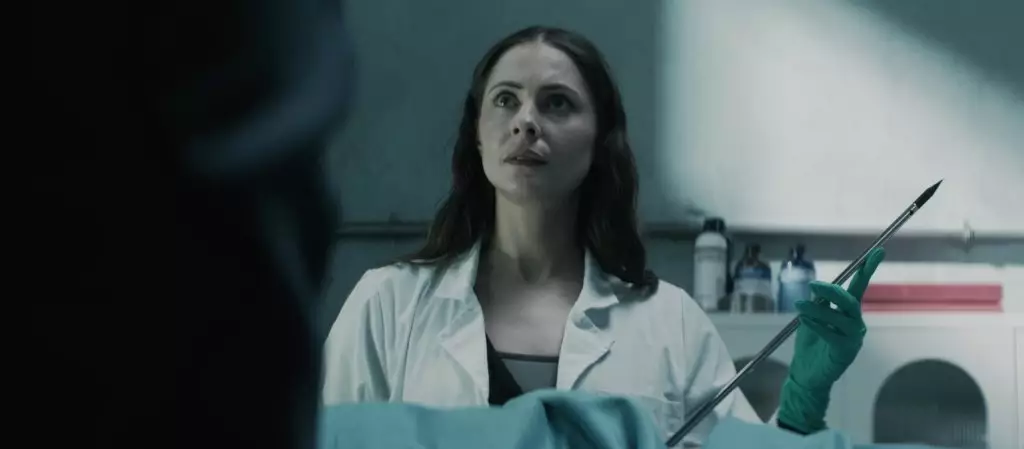Horror films have become a dominant force in modern entertainment, tapping into primal fears and societal anxieties that many prefer to ignore outright. While some applaud this genre for its artistic potential and cathartic qualities, a critical lens reveals a deeper, more troubling trend: horror’s role in exacerbating and commodifying fear. When studios like Shudder push to adapt ventilated video games into cinematic nightmares, it reflects a disturbing trend of turning psychological distress into a commercial spectacle. These productions often rely on shock value and gore rather than meaningful storytelling, creating an environment where fear is not only exploited but also commodified as a form of entertainment. This strategy plays into our collective hesitations about societal instability, the unknown, and mortality itself—fears that are manipulated to maximize profit rather than foster resilience or understanding.
Adventure in the Morbid and Its Disconnection from Reality
The “Mortuary Assistant” film and game—centered around death, demonic rituals, and psychological torment—are emblematic of a broader cultural tendency to sensationalize mortality. While death remains one of society’s most taboo subjects, media portrayals tend to distort or dramatize its reality, often reducing it to grotesque spectacle. Far from encouraging reflection on mortality, these horror narratives deepen societal avoidance and misunderstanding of genuine grief and death’s natural cycle. Instead, they intensify a collective desensitization that makes us more vulnerable to fear-based manipulation and less capable of empathetic engagement with those experiencing loss. The comfort of sanitized horror blurs with the pervasive cultural unease about aging, illness, and societal decline—transforming these subjects into dark entertainment rather than honest discussion.
The Ethical Dilemma of Exploiting Trauma for Profit
Behind the spectacle, there exists a troubling ethical issue: leveraging psychological trauma and existential dread to generate profit. The filmmakers and producers of “The Mortuary Assistant” are not merely presenting entertainment; they are capitalizing on vulnerability. The depiction of demonic entities and supernatural invasion forms a metaphor for human fears of powerlessness and chaos—a reflection of societal unrest and unease. Yet, by packaging these themes into a slick horror product, it risks trivializing real trauma, such as grief, mental health struggles, and societal upheaval. Instead of fostering genuine understanding or dialogue about these issues, horror often simplifies complex human experiences into easily digestible thrills, thus diluting their profound significance and potentially desensitizing audiences to real suffering.
The Power of Horror as a Reflection of Societal Anxiety
While critics may focus on the exploitative aspects, it’s undeniable that horror functions as a mirror for societal fears—be it political instability, environmental crisis, or existential dread. The portrayal of demonic possessions or ritualistic death serves as allegories for collective crises that threaten social coherence. However, the question remains: does cinema genuinely help us confront these fears, or does it encourage a form of escapism that ultimately disengages us from meaningful action? Hollywood’s obsession with pushing horror boundaries suggests a desire to profit from societal vulnerabilities, while the genres’ increasing portrayal of chaos and supernatural threats reflect a destabilized worldview, heightened by political polarization and environmental uncertainty. Horror becomes both a warning and a distraction, reinforcing a sense of helplessness rather than inspiring resilience or hope.



Leave a Reply